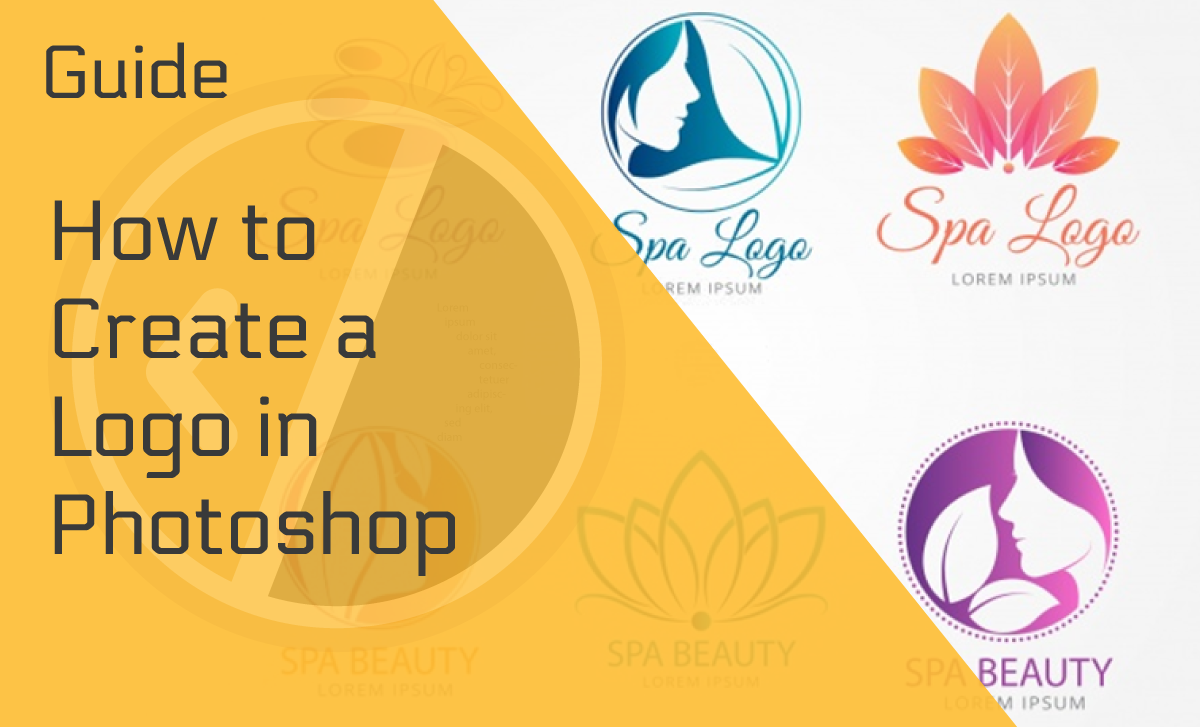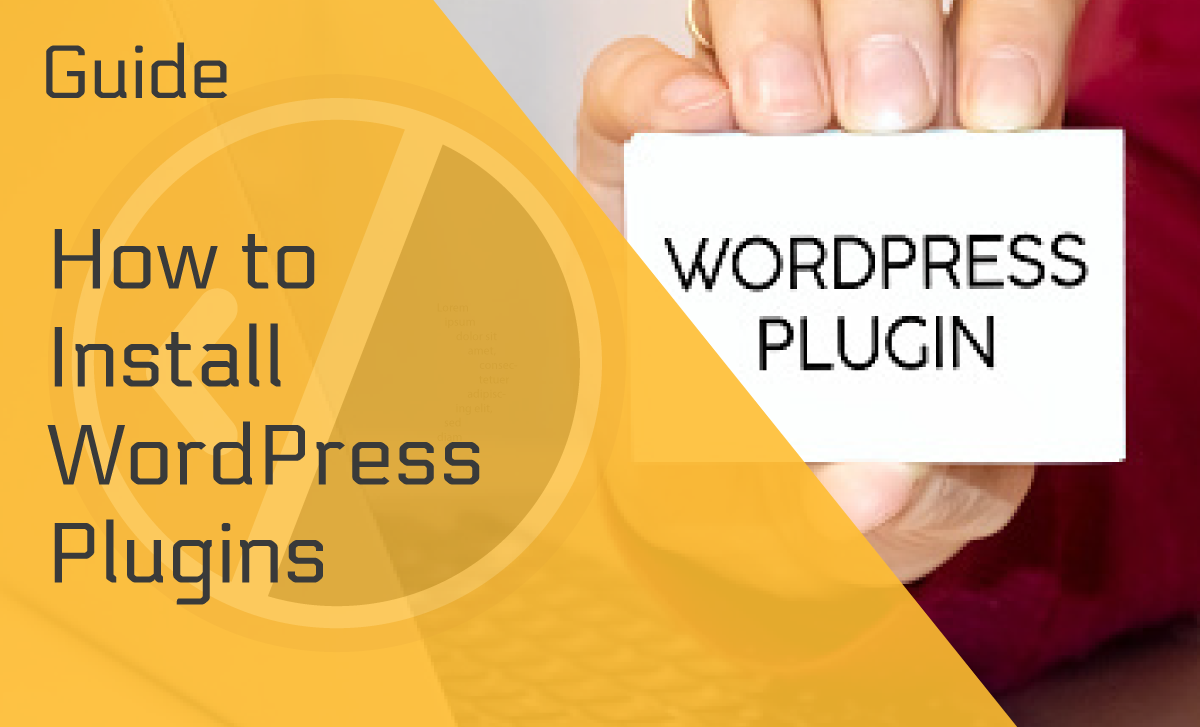10 Most Popular Types of Websites for 2024 and Beyond
Published: October 2, 2021
With so many businesses all vying for the attention of potential online customers, it’s crucial to build a website that can help your product or service stand out amongst the competition.
Therefore, we’ve researched the top web page designs to present you with the ten most popular types of websites to build a powerful online presence.
Keep scrolling to find out which one will best suit your personal or business needs.
Most Popular Websites to Look Into
ECommerce Websites
An eCommerce web page is particularly useful for people that want to build a platform to sell goods and services.
If you decide to use this type of page, an excellent starting point is to employ the help of a quality eCommerce website builder, like Shopify or Wix. They will save you money and time as they offer complete and cost-effective solutions for design and functionality.
Keep in mind that when choosing from different types of eCommerce websites, the one you decide upon should definitely include a shopping cart and a payment gateway.
An excellent eCommerce website should be easy to navigate, have filters for categories and a detailed description of each product. It should also showcase sales and special discounts.
Furthermore, you can use this type of website as an extension of your existing physical store or as an entirely new platform to sell your goods or services.
Portfolio Websites
If you’re a creative professional or freelancer, you may want to showcase your talent by building a portfolio site. It’s what most designers, writers, and artists use to promote their work.
As the name suggests, a portfolio website is meant to represent your professional life, employment background, skills, and expertise.
This is one of the basic types of websites that is straightforward to build. It’s not necessary to include every project that you’ve done. In fact, we recommend creating categories and then highlighting only your best works.
Since this type of web page is specifically designed for creative professionals and freelancers, it typically has the option to use lots of visuals and text, depending on your particular artistic niche.
For example, graphic designers, photographers, and illustrators can take advantage of this by adding their best designs. Similarly, writers who utilize these website types can easily showcase their most thought-provoking works.
There are two things that you should definitely include in a portfolio website:
- An “About me” page, telling potential clients who you are and what you do.
- A “Contact me” or “Hire me” button or page so that whoever is interested in your services can easily contact you.
Examples: JKRowling and Matt Pamer
Business Websites
The internet has become an essential part of our daily lives. Therefore, having an online presence to showcase your product or service is crucial.
There are many types of websites for a business. Basically, any site that can provide information about a company or be a direct platform to sell merchandise can be considered a business site.
It’s imperative that you incorporate your company’s current logo and make sure to explain what your product or service is all about. Furthermore, consumers expect to be able to find you in their search queries.
They will search for your website for many reasons, including sending messages, watching tutorials, obtaining information, reading blogs, hiring your services, or buying your products.
Different types of business websites can also be used as recruitment platforms, such as LinkedIn. In such cases, you must include the ability to post job openings and descriptions.
Your company’s site must include contact information, time of operation, physical address with a map, and all other relevant material. Plus, you should consider having a login area so your customers can safely access essential documents or information.
Examples: LinkedIn and J.R. Pereira Construction
Blog Websites
A blog website is a terrific option if you want to publish digital journals and articles. Blogging began trending in the early 2000s, with over 32 million Americans reading blogs by 2005.
Since then, these types of informational websites have evolved into some of the biggest online money-making platforms. The five most common forms are personal, business, affiliate, niche, and news blogs.
The primary purpose of a personal blog is to share experiences, ideas, or valuable information. Notably, if a blogger gains enough notoriety, they can offer paid writing services or monetize their site with ads.
Search engines, such as Google or Bing, are responsible for 67% of your blog site’s traffic. Following that, if you choose to utilize one of these types of blog websites, it’s important to employ search engine optimization strategies.
However, always keep in mind that the most critical element of your site is the actual content. Therefore, it’s necessary to update your site constantly.
Examples: Matt Mullenweg and Smitten Kitchen
Non-Profit Websites
A non-profit website is specifically used to let people know about an organization and decide if they want to support it.
Creating these kinds of websites is not only beneficial for reaching a broader audience but can also legitimize your cause. Then you’ll be able to promote your organization’s projects, receive contributions, and inspire your users to take action.
More often than not, being able to receive donations is a must. In the past, a phone number would have sufficed. But nowadays, types of websites that make money through charitable contributions need to have a shopping cart, checkout system, and a payment gateway.
A non-profit website must have a compelling sales copy in order to entice its visitors to support their cause. Plus, the process of giving donations should be straightforward.
Examples: Transparent Hands and Lutheran Services in America
Magazine Websites
A magazine website usually contains photos, videos, and articles that are educational and informative. As technology evolved in the digital age, many news publications have resorted to using these types of websites.
If you decide to employ a magazine site, you’ll also have the option to add a subscription feature. With it, visitors can pay to sign up for more news articles or read the full articles instead of just a few paragraphs.
These types of membership websites usually make money through advertisements. But, remember that magazine websites are most effective when they have a clean and straightforward design to ensure that all published articles are clear and legible.
Therefore, when building these types of sites, you should start with a basic layout to ensure that all other elements, like the background, don’t overshadow the content in order to maintain a pleasurable user experience.
Examples: Forbes and Harvard Business Review
Portal Websites
Portal websites collect information from various sources and then organize all of it on one site. These types of dynamic websites can attract a large number of users by linking to a diverse collection of exciting content.
In most cases, they have a signup/login feature. These types of websites are portals that connect government, patient, student, vendor, and work-place related applications to their corresponding users.
Historically, portal sites have included the worldwide web search engine function on their homepages or dedicated sub-sites. Another notable feature of this website category is that there are no restrictions on the number of links you can use.
Many successful portal websites link to books, news, online games, forum websites, community pages, sports, current events, music, videos, or articles on particular niches. They intentionally choose subjects that will pique the interest of the general population.
However, we should mention that you’ll likely need to hire an experienced web developer to create a portal site, as it requires more complicated web design and programming skills.
Wiki Websites
Generally speaking, wiki websites are digital encyclopedias that allow users to submit and publish information. As you may have already guessed, Wikipedia is the most famous example of a wiki site.
These types of websites have many applications, such as business resources, fan communities, and other valuable information sources.
All in all, you can add just about any subject you can think of. It’s also relatively simple to build one using software like MediaWiki. You can also use website builders like WordPress that have great resources for plugins such as Yada Wiki and WordPress Knowledge Base.
Many organizations employ this type to publish helpful articles about their products to reach a wider audience. Furthermore, this also reduces the costs for customer support since many of the published works are designed to answer frequently asked questions about their brand.
All in all, these types of CMS websites are excellent if you want to build a platform for people looking for valuable information or contributing content. What’s more, many influencers and public figures might take advantage of your wiki sites.
Examples: Wikihow and Wikibooks
Forum Websites
A forum website is a fantastic place to create public discussions with people from all over the world. You and your users can discuss anything from hobbies and work to academic studies and pop culture.
Ultimately, it’s the people that can make a forum a valuable part of your online presence. The user input is what gives it a distinctive quality that separates it from other different kinds of websites.
Plus, the more members there are, the more people contribute to the forum, which will keep your online community growing.
Note that, as the administrator, you’ll need to stay informed by keeping up with the latest news, technological trends, and gossip to continue to add quality content to your site.
Similar to almost all types of websites, you can also add a signup option to attract members. The bottom line is that forums are the perfect platform to engage as many people as possible while building a strong online presence.
Examples: Reddit and Warrior Forum
Entertainment Websites
Unlike eCommerce and business sites that sell specific products and services, most websites in the entertainment category earn their money through advertisements.
Overall, your site must be well designed, easy to navigate and target an audience that is right for your content. Users will be more engaged if you provide them with dynamic subject matter like videos, slide shows, podcasts, etc.
When built and maintained correctly, entertainment websites can be some of the most profitable types of websites. For instance, if you know how to construct enticing headlines and attract a lot of traffic to your site, you can generate plenty of ad revenue.
Furthermore, whether your content revolves around art, business, education, music, or celebrity culture, these website types must be regularly updated to stay relevant and keep your audience coming back.
Plus, you can include a membership fee to encourage users to pay for access to your content — creating another stream of revenue besides ads.
Examples: BuzzFeed and Entertainment Tonight
Wrapping Up
There are many website types, and they all have purposes specific to the particular niche you’re trying to fill. The first thing that you should do before creating a web page is to check out some sites of people or companies that you admire to get a clearer image of what works.
Once you know which type of site you want to use, you should decide whether you can accomplish it independently or employ a professional website builder. Hopefully, our guide has put you on the proper path towards building a powerful online presence.
FAQ
What are the different types of eCommerce websites?
There are four different types of an eCommerce website model:
Business to Consumer (B2C)
B2C eCommerce websites are the most common model for online retail stores. As the name suggests, these are websites where consumers can buy products or services directly from an online business, be it clothes, home essentials, electronics, etc.
Business to Business (B2B)
B2B eCommerce websites are types of websites for selling goods to other businesses. However, quite often, the buyer resells it to consumers.
Consumer to Business (C2B)
Individuals use C2B websites to sell products or services to businesses. For example, sites like UpWork, where freelancers (consumers) post the jobs that they want to be done, and a company can bid for the opportunity to do so.
Consumer to Consumer (C2C)
C2C websites serve as a marketplace for consumers to exchange their goods and services with other consumers. eBay and Craigslist were pioneers of this type of eCommerce site.
What is the best type of website?
With so many quality website types out there, deciding which one is the best can be a challenge. That is why you need to have a specific purpose or goal in mind.
For example, if you’re an artist, you’ll likely want to use a portfolio site. However, if you plan on publishing journals or articles, you’re probably going to want to create a blog page.
All in all, the best website type is the one that aligns with your goals to attract the audience that you need to sell your goods or services, promote your art, share your knowledge, etc.
What type of website makes the most money?
Almost all these website categories can turn a profit, so it’s hard to tell which one makes the most. For instance, eCommerce websites can undoubtedly make a lot of money by selling products and services — think Amazon!
Then, there are the blog websites that you can monetize in various ways, such as through advertisements or by charging membership fees. Of course, there is also a lot of money to be made on entertainment sites.
All things considered, you can make money using most types of websites as long as you know which one best suits your overall strategy and goals.







